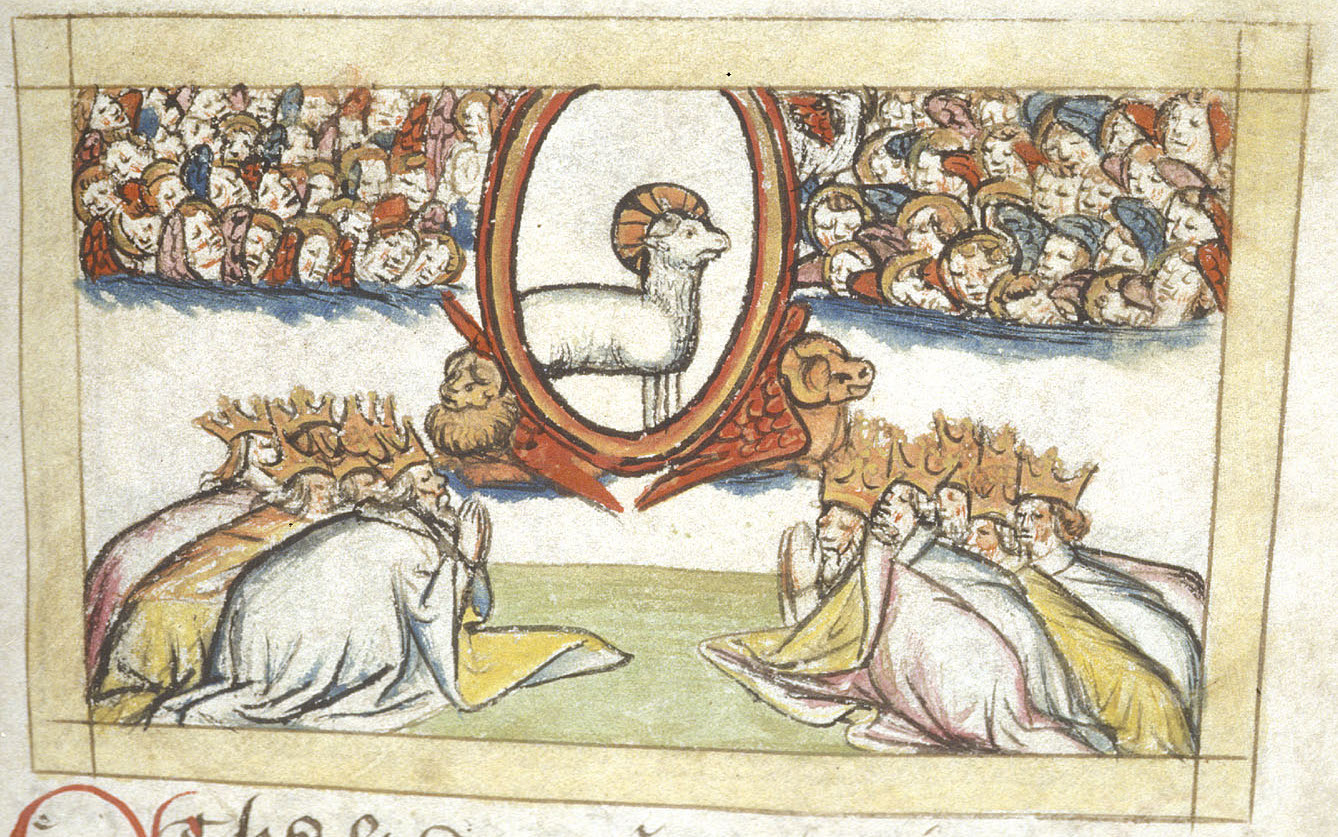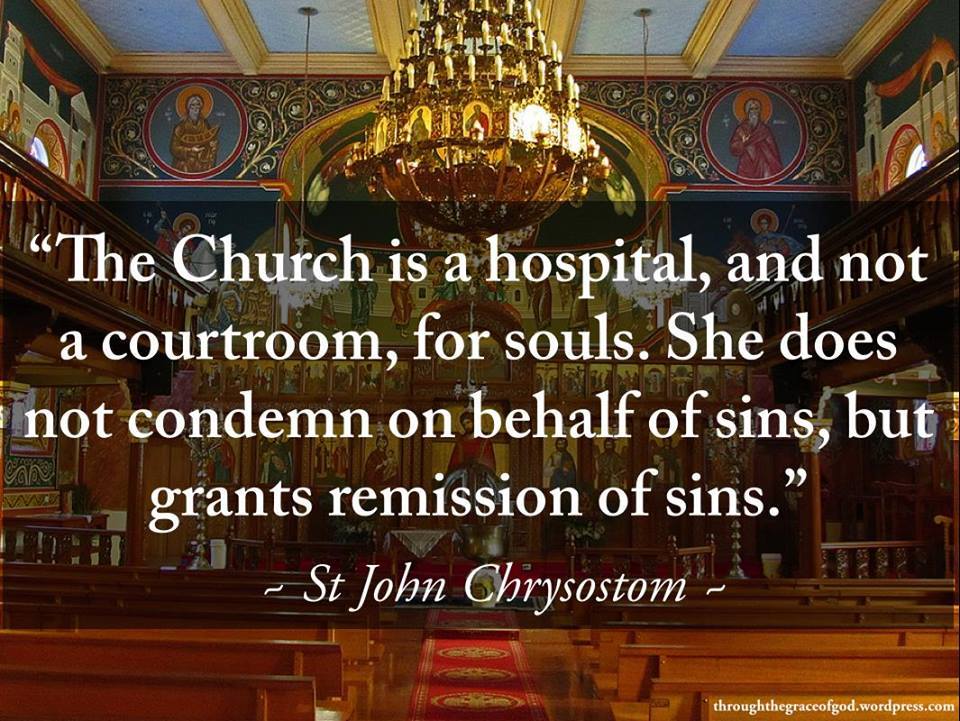
That title was not mine, but that of the print version of Carla Carlisle’s “Spectator” column in Country Life magazine from last Lent. (Thanks to Philip Jenkins for sending me a copy last week.) Carlisle is not only a columnist, but also a farmer (near as I can tell) in England who raises sheep. Last year she reflected on the fact that her father used to read all of the book of Lamentations every Lent, because he “believed it was spiritually lazy not to concentrate in the run up to the most momentous event in the Christian calendar.” She admits to never having finished the book (now that is lazy, spiritually and otherwise!) but offers some thoughtful musings nonetheless. Last year, you will remember, was the 5th anniversary of the war in Iraq.
Between the beginning and ending of these broadcast laments, lambs were born. Lambs arriving during Holy Week have a Biblical poignance. The Old Testament is full of shepherds looking for new pastures. The Gospel for the Sunday after Easter begins ‘Jesus said, I am the good shepherd’. All week long, our pastures were transformed into windswept tundras, with howling winds and bitter rain, hail and snow. Each morning, I tried to scoot the newborns and their mamas into the shed. Without a sheepdog, this is a job that requires picking up the lambs and encouraging their mothers to follow. There are no sheepdogs in the Bible either, an oversight that Jesus may have lamented during the parable of the lost sheep. Once inside the shed, I settle down, a lamb tucked inside my jacket, and my radio tuned into Book of the Week. The choice for Holy Week was Julian Barnes’ Nothing To Be Afraid Of, a meditation on mortality and the fear of death. He begins: ‘I don’t believe in God, but I miss Him.’
By the time Easter Sunday arrived, the snow had descended like a veil over the countryside, a climatic version of the cloud in Lamentations, created so ‘that our prayers should not pass through’. Modern theologians claim that Lamentations is not a breast-beating, self-pitying lament, but an account of a disaster that, without offering easy grace or cheap hope, tells us how to handle grief. It’s a useful interpretation when there is much to grieve about. The cries of the bewildered ewes as we take away the lambs that didn’t survive the freezing night. The milestone of ‘4,000 American soldiers dead’ reached by Evensong on Easter Sunday. Tibetan monks dying for freedom. Houses repossessed. I could go on.
But I’m trying not to dwell on the ‘grandeur of sadness’, but to marvel at what has lived. Daffodils that survived the snow. Lambs that have begun their lamb games and the bereaved ewe that has adopted a hungry triplet. The hope that someday even this war will end. And here’s the Lamentation for the Day: you can believe in God and still miss Him.




